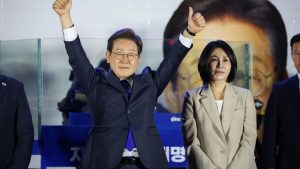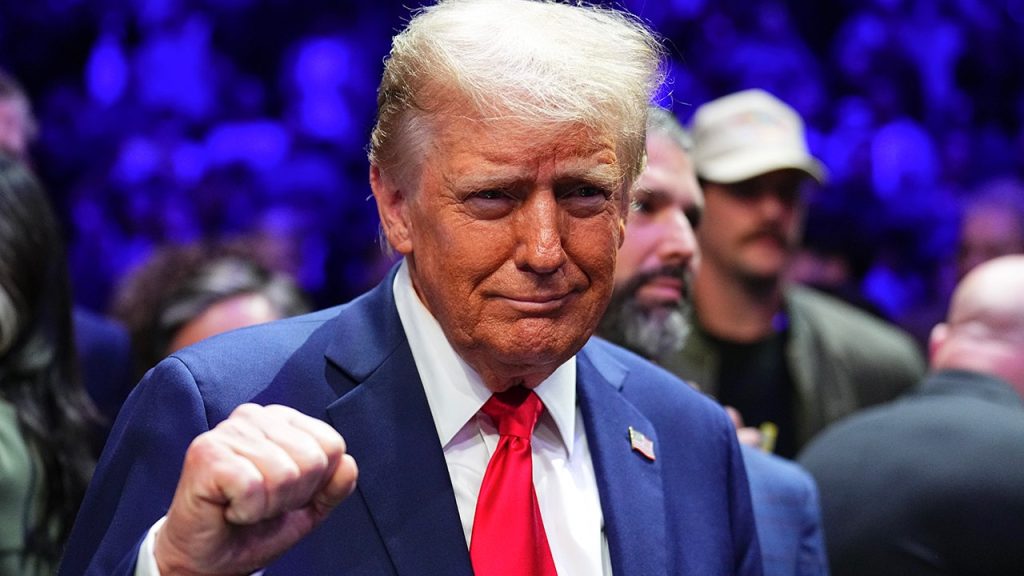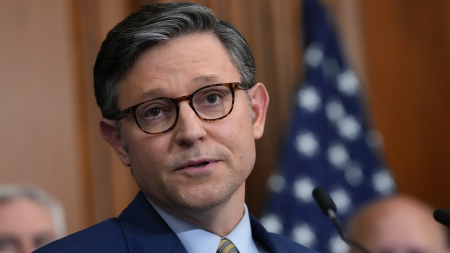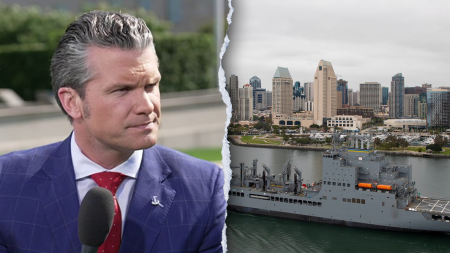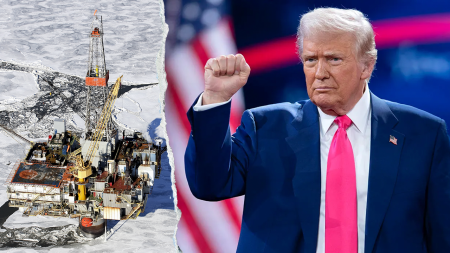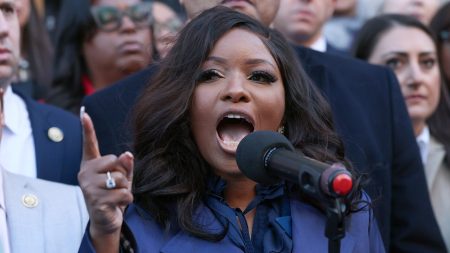This past week, President-elect Trump’s nominees for cabinet positions descended on Capitol Hill for meetings with senators. The nominees, including Pam Bondi for attorney general, Pete Hegseth for Defense secretary, Rep. Elise Stefanik for United Nations ambassador, and others, met with various senators to discuss their qualifications and address concerns about their nominations. Bondi and Hegseth faced questions about their qualifications and views on key issues, such as women serving in combat roles in the military. The process of confirming these nominees will continue into early January, with cable TV likely to carry the confirmation hearings live.
In addition to the cabinet nominees, former presidential candidate Vivek Ramaswamy and Elon Musk arrived on Capitol Hill to meet with House and Senate Republicans about their plans to run the Department of Government Efficiency. They hope to streamline government processes and save over $1 trillion in government spending through the DOGE caucus. The involvement of Democrats like Rep. Jared Moskowitz in the DOGE caucus signals a bipartisan effort to address government waste and bureaucracy. Meetings with the nominees and discussions about confirmations will continue in the coming weeks.
Democrats have raised concerns about the confirmation process, insisting that Republicans conduct thorough background checks on nominees and follow Senate customs for confirming appointments. Senate Majority Leader Chuck Schumer urged Senate Republicans to protect the Senate’s advise and consent authority, which he views as crucial in preserving America’s system of checks and balances. Senate Majority Whip Dick Durbin also expressed concern about the speed at which some GOP senators were meeting with nominees, suggesting that a more thorough and deliberate approach is necessary to avoid potential embarrassment and pitfalls.
As the confirmation process continues, outgoing Senate Minority Leader Mitch McConnell’s assertion that the Senate is in the “personnel business” remains true. The incoming administration’s policies, represented by the potential cabinet nominees, are now being considered and evaluated by members of the Senate. With numerous meetings, hearings, and votes ahead, the process of staffing the next administration promises to be intense and closely watched. The involvement of high-profile nominees like Bondi, Hegseth, and others, as well as the potential impact of unconventional appointments like Ramaswamy and Musk, adds further complexity to an already intricate confirmation process.


